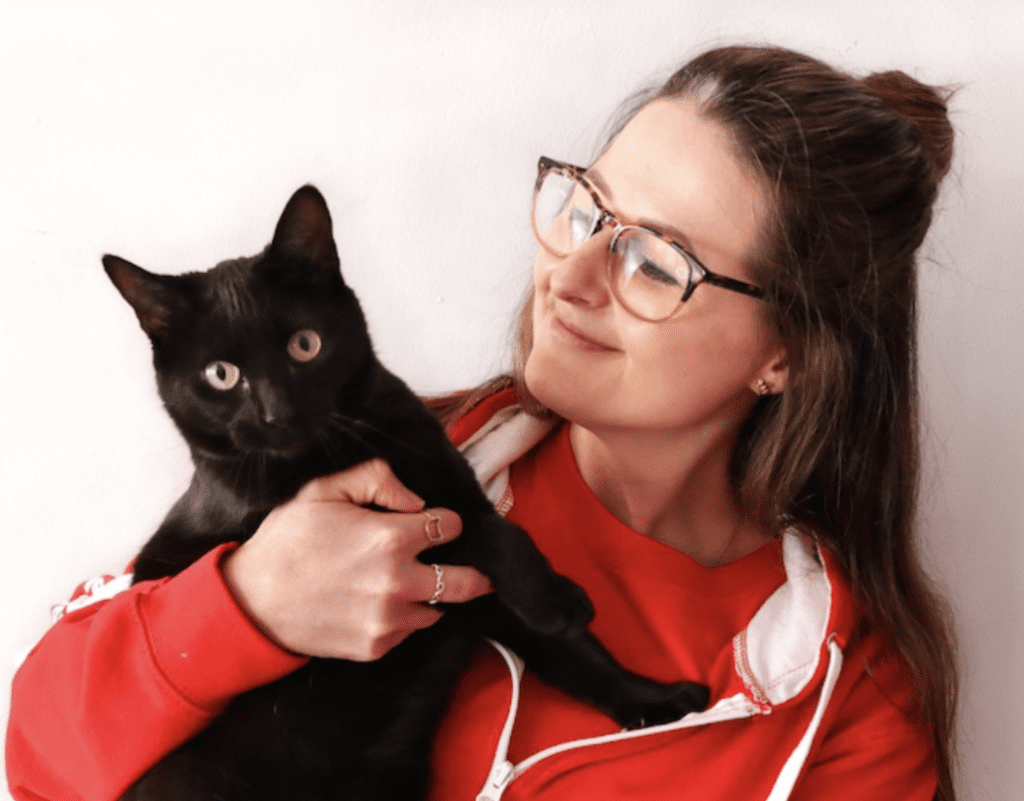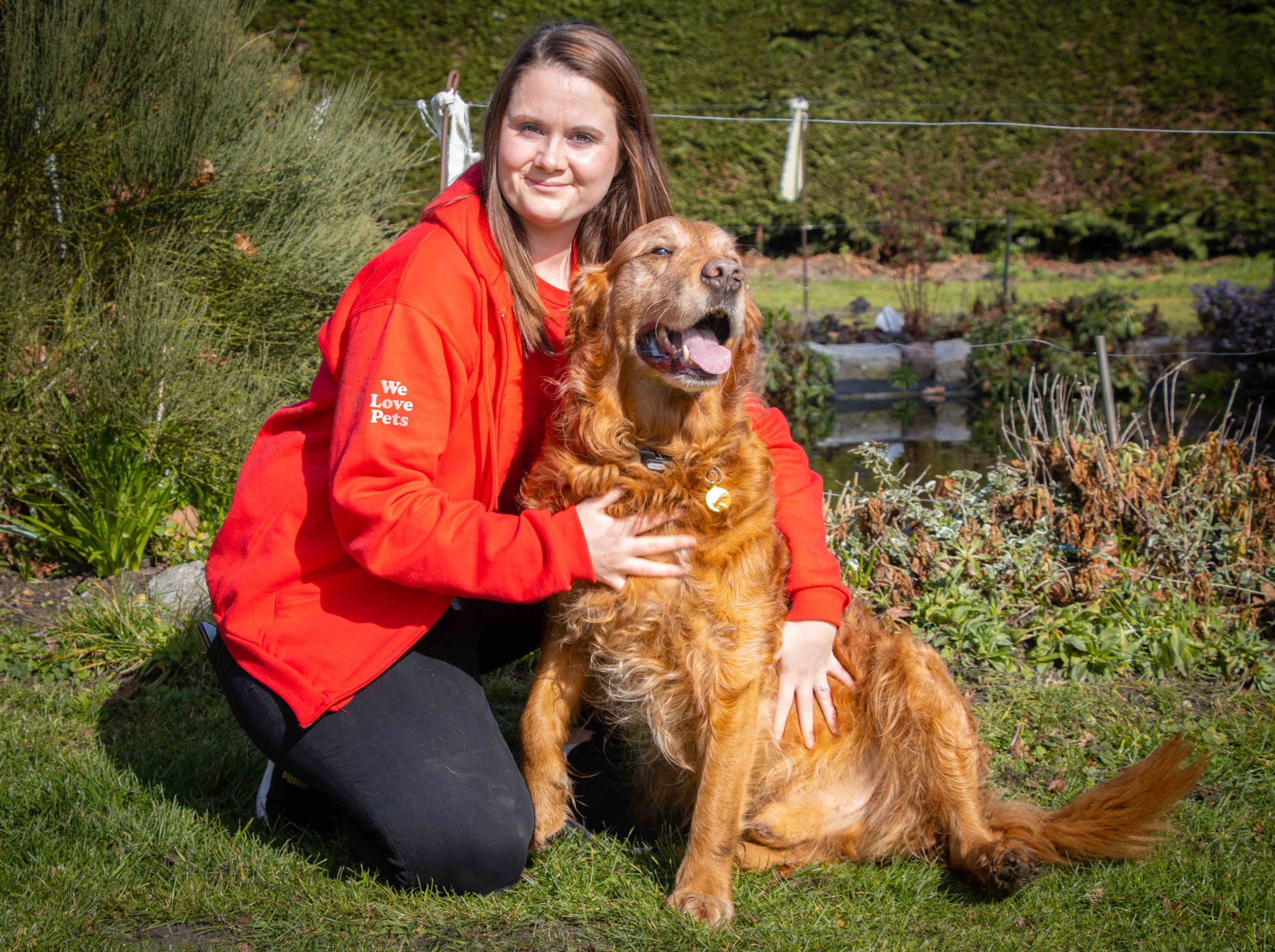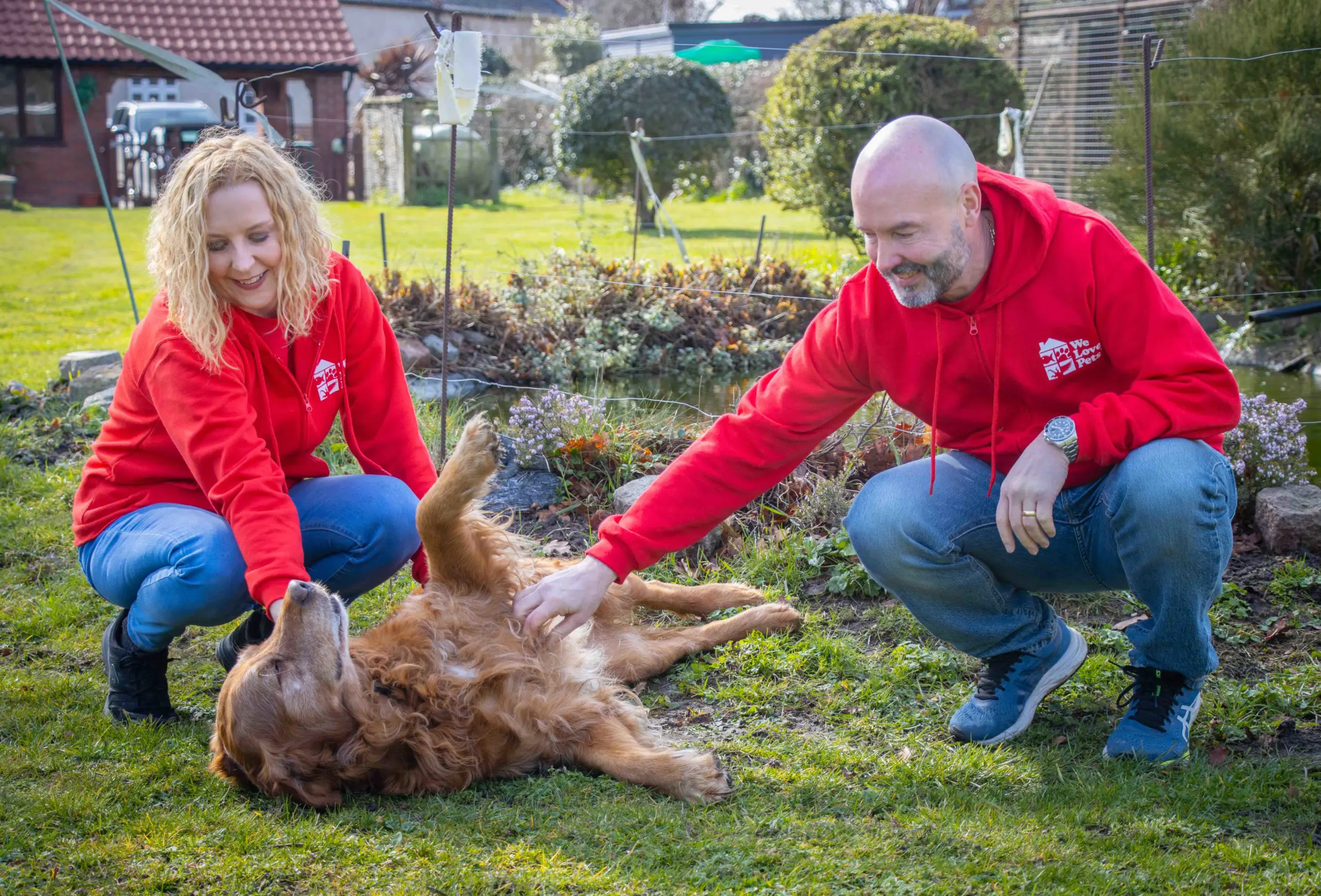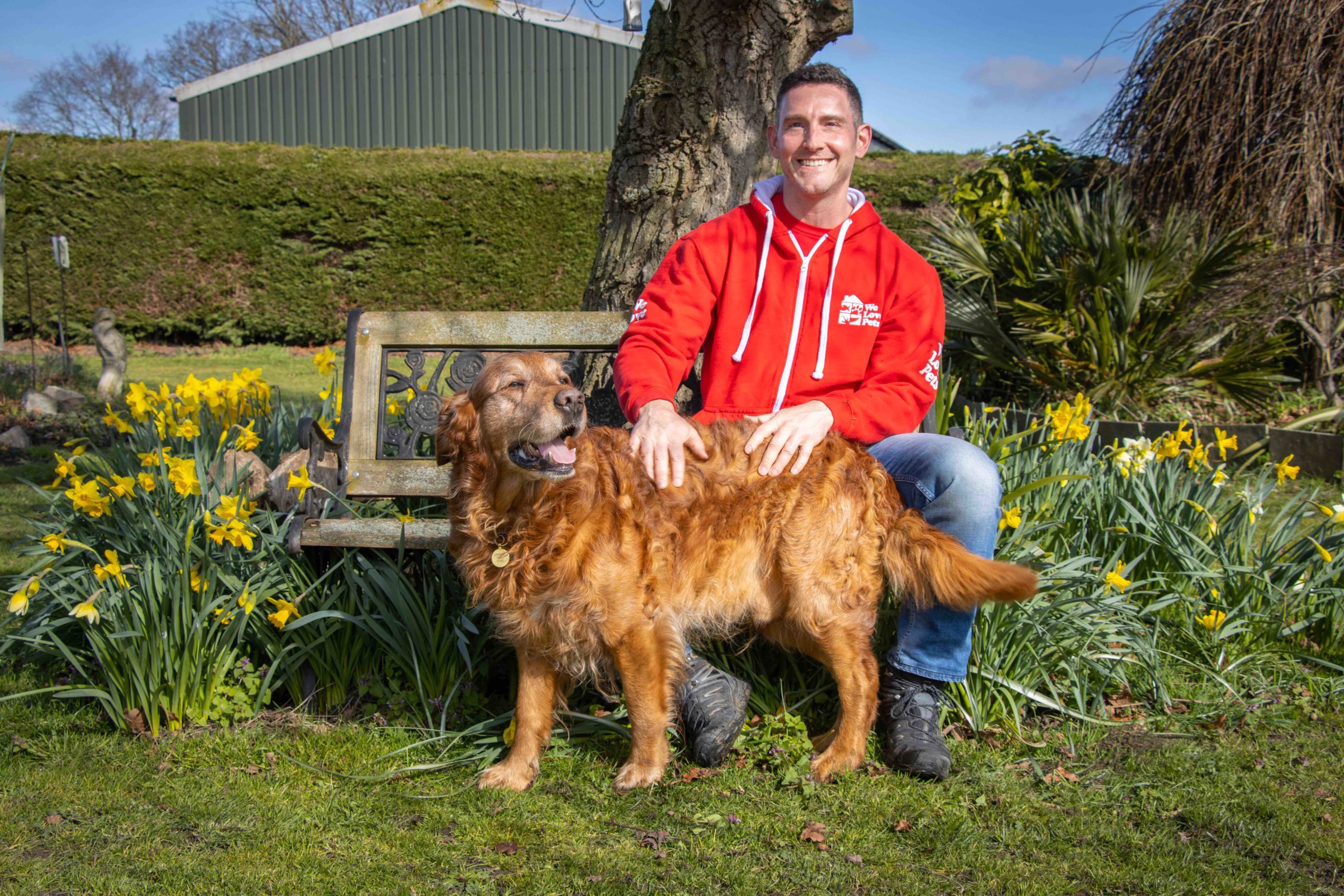August is National Immunisation Awareness Month, so our Vet, Dr Eloise discusses the importance of vaccinations.
Why do we need to vaccinate our pets?
Vaccinations are needed for many diseases for which we do not have a cure. These tend to be life threatening diseases that cause mortality in most cases. In the UK, we classify our vaccinations as ‘core’ or ‘non-core’.
For dogs, core vaccines are for canine distemper, hepatitis, parvovirus and leptospirosis. Non-core vaccines are for kennel cough, canine herpesvirus and rabies and will be given depending on risk of contracting the disease.
For cats, core vaccines are for feline calcivirus, panleukopaenia and herpesvirus. Non-core vaccines are for rabies and feline leukaemia. Although feline leukaemia vaccines are considered ‘non-core’, we administer the vaccine to cats at risk of contracting the disease which includes all cats with free outdoor access and therefore, covers most of the feline population! We would still recommend it for indoor-only cats as a primary vaccination as young cats are at high risk of contracting the disease but after this, it can be a choice as to whether you continue to give the vaccination but it would still be recommended for use in high-risk cats.
What are the risks of vaccinating?
Adverse reactions happen with vaccinations but the risk is very small! Around 7 in 10,000 vaccination reactions are reported to the Veterinary Medicines Directorate each year and these vary from mild facial swellings to severe breathing problems.
There is no scientifically proven risk of fatality with leptospirosis vaccinations although this has been widely reported as an adverse reaction in the media. If it was not a safe vaccination to give to dogs it would not have VMD approval for administration to domestic dogs in this country and veterinary surgeons would not routinely administer it as a core vaccination!
For some animals that suffer from autoimmune conditions, it may not be sensible to give them vaccines as you may risk exacerbating their symptoms. If you are concerned about whether you pet can have a vaccination if they have an immune-mediated condition, speak to your vet for advice.
What are the risks of not vaccinating?
Without vaccinating your pet, you risk them becoming ill with a potentially life endangering illness such as distemper or parvovirus. It is worth noting that the risk will depend on the area in which you live or the places you visit with your pet; in some countries rabies is endemic so it is important that pets that live in these areas or visiting on holiday are vaccinated against the disease.
What is a primary course of vaccinations?
Primary vaccinations is the name given to the initial course of vaccines given to young animals or as a restart if lots of time has elapsed between vaccines. Primary courses are two or three vaccines given over 8 weeks to make sure that the animal has amounted enough immunity. For young animals, they can have long lasting antibodies in their system that they obtain from the mother’s first milk, called colostrum. If these antibodies persist, they can make vaccinations ineffective. Luckily, antibodies tend to not persist after 10-12 weeks so that is why we give a second vaccination around this time to ‘top-up’ the first vaccination.
Puppies can receive vaccines from 8 weeks old and kittens from 9 weeks of age, however, there are some situations in which vaccines may be given prior to this if there is a strong clinical need due to high levels of disease in the environment. Equally, vets may choose to give another further vaccine in the primary course if there is significant risk of contracting a disease or there is reason to think that the animal will not amount a good immunity to the vaccines that have already been given.
How do I go about getting my pet vaccinated?
Vaccinations must be given by a veterinary surgeon but second or third vaccinations in a primary course can be given by a registered veterinary nurse if instructed to do so by a vet. You need to call the vets where you are registered and they will book you an appointment to be seen. During the consultation, your pet will undergo a full clinical examination to make sure they are healthy before receiving the vaccination.




